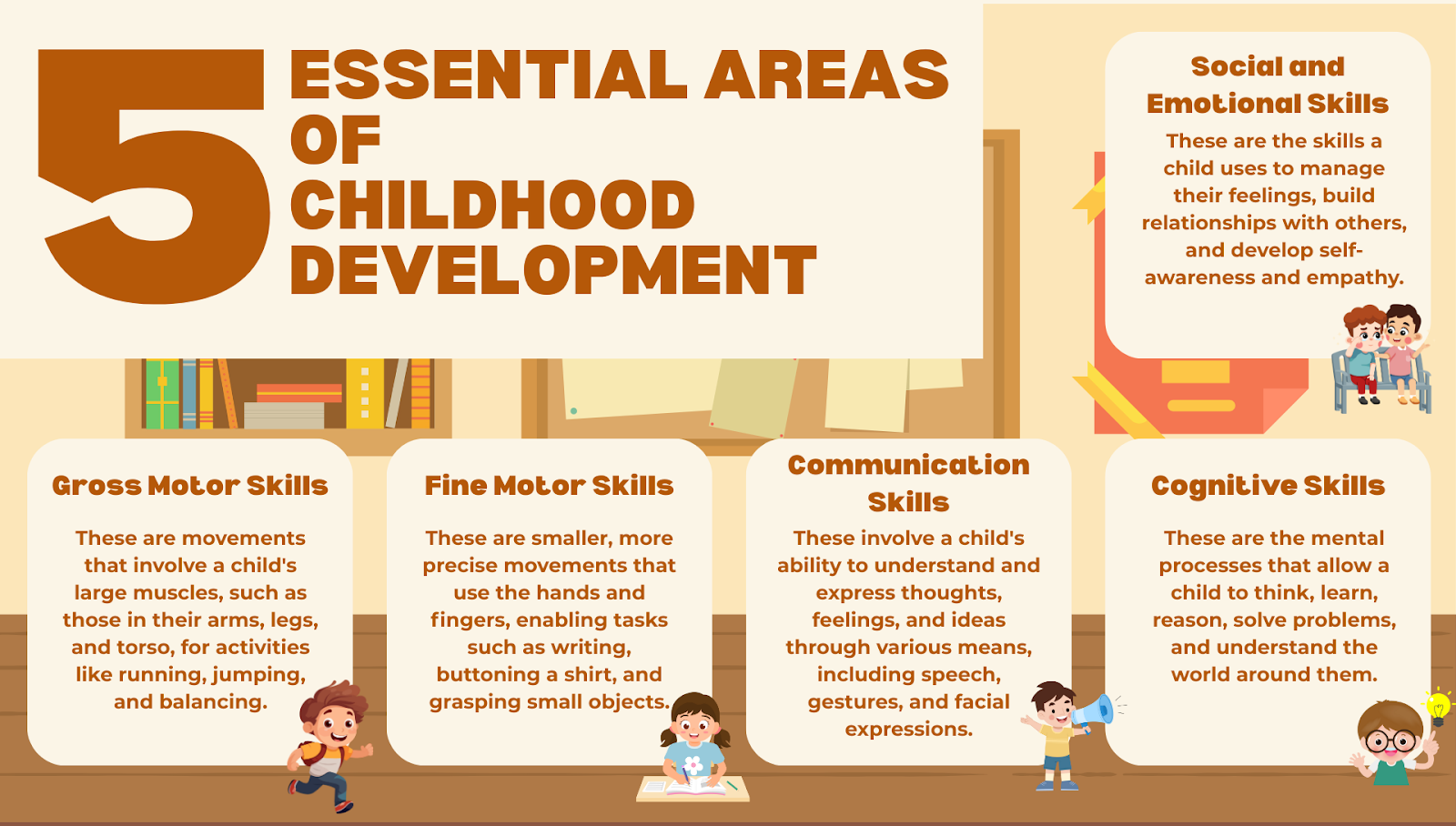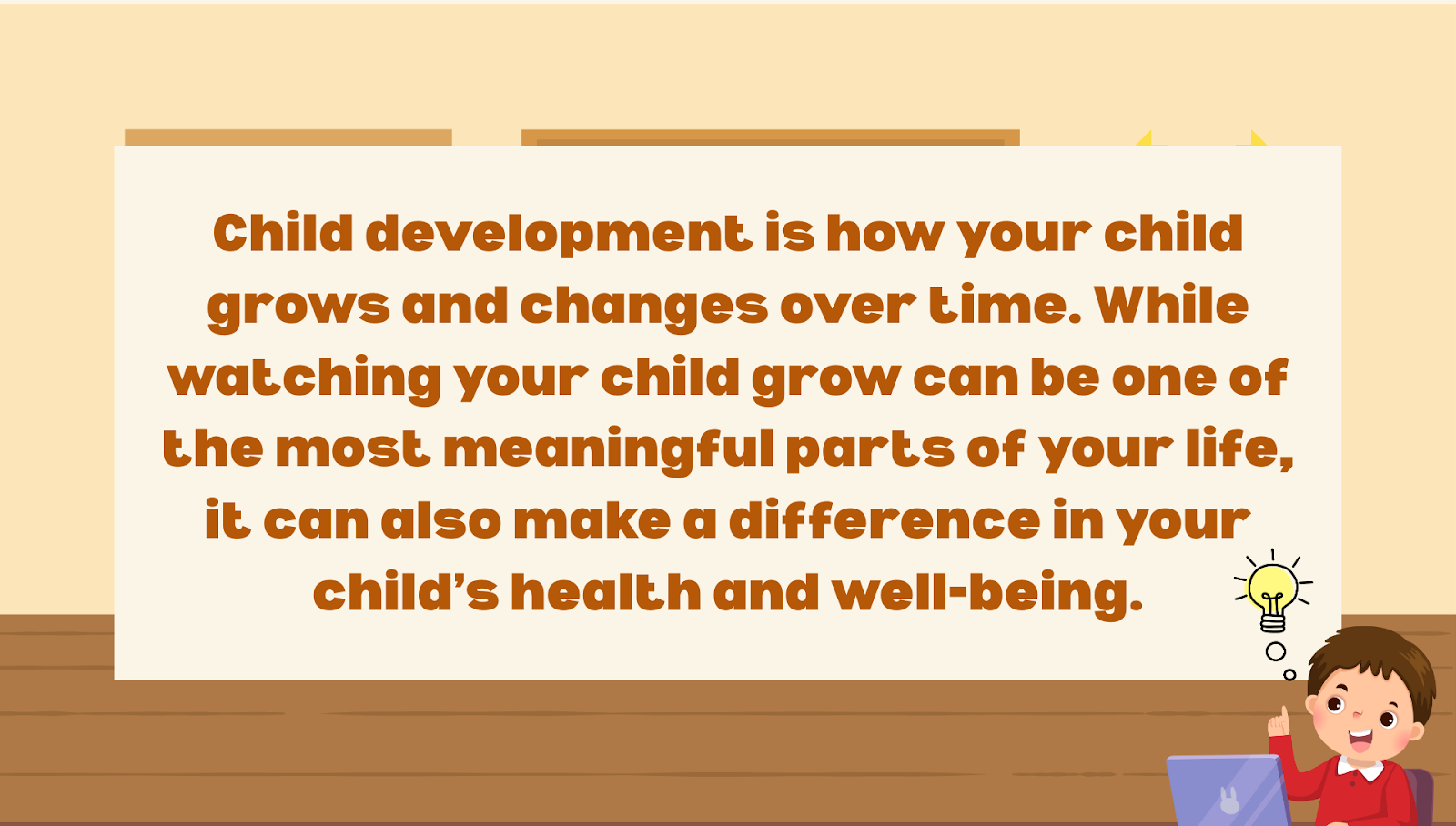
From Empathy to Resilience: The Essential Skills Your Child Needs to Thrive

*Collaborative Post
Kids “getting by” in life is just part of the whole picture. They must flourish in school, gain friendships, and do more, even far beyond. As parents, you must ensure your child is equipped with the right tools to face life’s toughest challenges and embrace opportunities.
Academics matter, for sure, but it’s the intangible, practical life skills that share the big chunk of the pie, determining whether a child can thrive in the long run. Let’s tackle seven of the best life skills that your child must learn to succeed.
7 Essential Life Skills Your Child Needs to Succeed
1. Empathy: The Cornerstone of Relationships
Empathy is the ability to understand and share the feelings of others. For children, it’s more than being “nice.” It’s about developing emotional intelligence that guides them in resolving conflicts, offering support, and recognizing different perspectives.
Parents can foster empathy by:
- Modeling compassion: Children learn by observing. When you speak kindly to a neighbor or help a friend, your child sees what empathy looks like in action.
- Encouraging reflection: After an incident at school, ask questions like, “How do you think your friend felt when that happened?”
- Promoting diverse experiences: Reading stories or engaging with cultures different from their own helps children appreciate other viewpoints.

2. Resilience: Learning to Bounce Back
Resilience is the ability to recover from setbacks and keep moving forward. Children will inevitably face challenges: losing a game, failing a test, or experiencing friendship struggles. What matters is how they respond.
Ways parents can nurture resilience include:
- Normalize mistakes: Remind children that everyone makes errors and that mistakes are part of learning.
- Highlight effort, not outcomes: Celebrate hard work and persistence instead of focusing only on grades or wins.
- Teach problem-solving: Instead of rushing to fix issues for your child, guide them through brainstorming solutions.
A resilient mindset is essential, but so are the small, tangible comforts that help children feel confident and secure. Choosing comfortable school hoodies for students, for example, gives them a sense of ease and a way to express themselves. This simple addition to their wardrobe can help them focus on bouncing back from a tough day rather than being distracted by what they’re wearing. Ultimately, these small choices provide a sense of security that strengthens their resilience both inside and outside the classroom.
Remember, a resilient child does not avoid difficulties but one who learns to meet them head-on without giving up.
3. Communication: Expressing Needs and Listening Well
Good communication skills are essential for success in every area of life. Children who learn to express themselves clearly and listen actively are better equipped to form relationships, resolve conflicts, and participate meaningfully in group settings.
Parents can encourage strong communication by:
- Practicing active listening at home: When your child shares a story, give them your full attention and validate their feelings.
- Encouraging dialogue: Invite your child to express opinions during family decisions, like what to eat for dinner or where to go on a weekend trip.
- Role-playing: Practice scenarios like asking a teacher for help or negotiating with a friend.
Communication isn’t only verbal. Body language, tone, and empathy all play key roles in helping children connect effectively with others.
4. Adaptability: Thriving in a Changing World
If the last few years have taught us anything, it’s that life rarely goes as planned. Adaptability — the capacity to adjust to new situations — is critical for a child’s long-term well-being.
Encourage adaptability by:
- Introducing new experiences: Allow children to try new activities, foods, or hobbies.
- Teaching flexibility in routines: While structure is essential, occasional changes in schedules help children learn to adjust.
- Modeling calmness in change: If plans fall through, show your child how to adapt with grace rather than frustration.
Adaptability prepares children for future challenges, from adjusting to new classrooms to navigating career changes.

5. Gratitude and Optimism: Building a Positive Outlook
Not knowing how to show gratitude is like a life with bad breeding. Gratitude and optimism may seem like soft qualities, but they shape how children perceive challenges and successes. A grateful child focuses less on what they lack and more on what they have, while optimism fosters hope during difficult times.
Parents can instill these traits through:
- Daily gratitude rituals: Encourage your child to share one thing they’re thankful for each evening.
- Reframing setbacks: When something goes wrong, help your child see potential lessons or silver linings.
- Celebrating small wins: Recognize progress in addition to significant achievements.
Children who practice gratitude and optimism are often more motivated, engaged, and resilient in facing challenges.
6. Self-Regulation: Managing Emotions and Impulses
Emotional self-regulation allows children to pause, think, and choose how to respond instead of reacting impulsively. It’s a critical skill for managing frustration, anger, or excitement.
Parents can support self-regulation by:
- Modeling calm responses: Demonstrating patience during stressful moments shows children how to handle emotions constructively.
- Teaching mindfulness techniques: Breathing exercises or simple meditation can help children manage stress.
- Creating safe spaces: Provide environments where children can retreat, reflect, and regain balance when overwhelmed.
Self-regulation doesn’t mean suppressing emotions but learning how to channel them productively.
7. Collaboration and Teamwork: Working Together
Life is rarely a solo journey. Two heads are always better than one. Teamwork skills allow children to contribute meaningfully in school projects, sports, and eventually workplaces.
Encourage teamwork by:
- Involving them in group activities: Sports, theater, or volunteer work builds cooperation skills.
- Teaching fairness: Help children understand the importance of sharing, turn-taking, and compromise.
- Celebrating group success: Show that achievements are more substantial when built together.
Collaboration teaches children how to respect diverse perspectives and value the strengths of others.
Integrate These Skills at Home: Best Practices
Building life skills doesn’t require grand lessons. Daily family interactions can reinforce them naturally. For example:
- Chores build responsibility and teamwork when done together.
- Family discussions enhance communication and decision-making.
- Games teach patience, strategy, and adaptability.
- Community service cultivates empathy and gratitude.
Consistency is key. When parents consistently model and encourage these behaviors, children are more likely to adopt them.
Looking Ahead: Raising Children Who Thrive
“Parenting is the easiest thing in the world to have an opinion about, but the hardest thing in the world to do,” says American right-wing political commentator Matt Walsh.
Parenting isn’t about controlling every outcome but about equipping children with the tools they need to grow independently. By nurturing empathy, resilience, adaptability, and other essential skills, parents prepare their children for academic achievements and life’s uncertainties.
When a child can connect with others, manage their emotions, and bounce back from challenges, they are empowered to thrive in every stage of life.
*This is a collaborative post. For further information please refer to my disclosure page.




